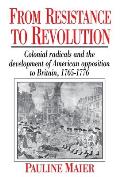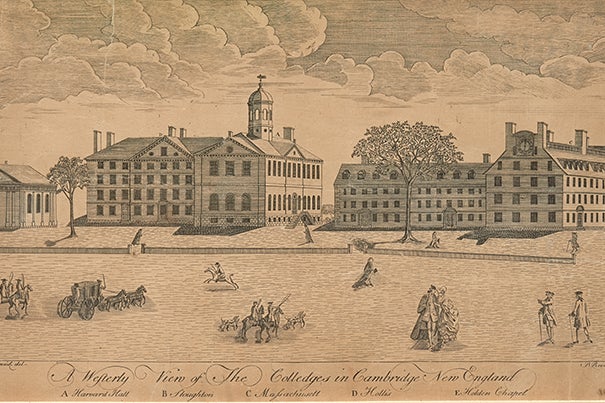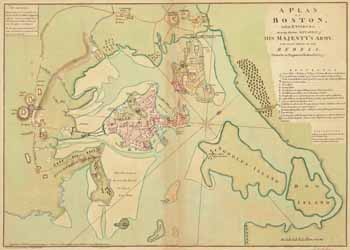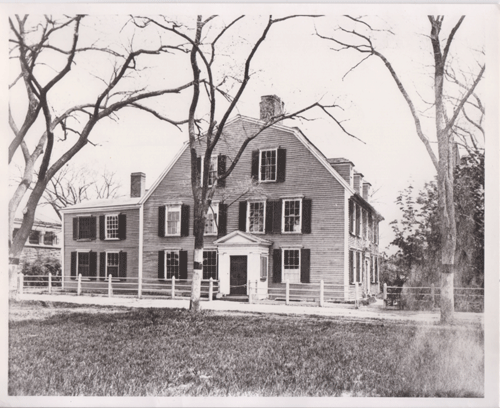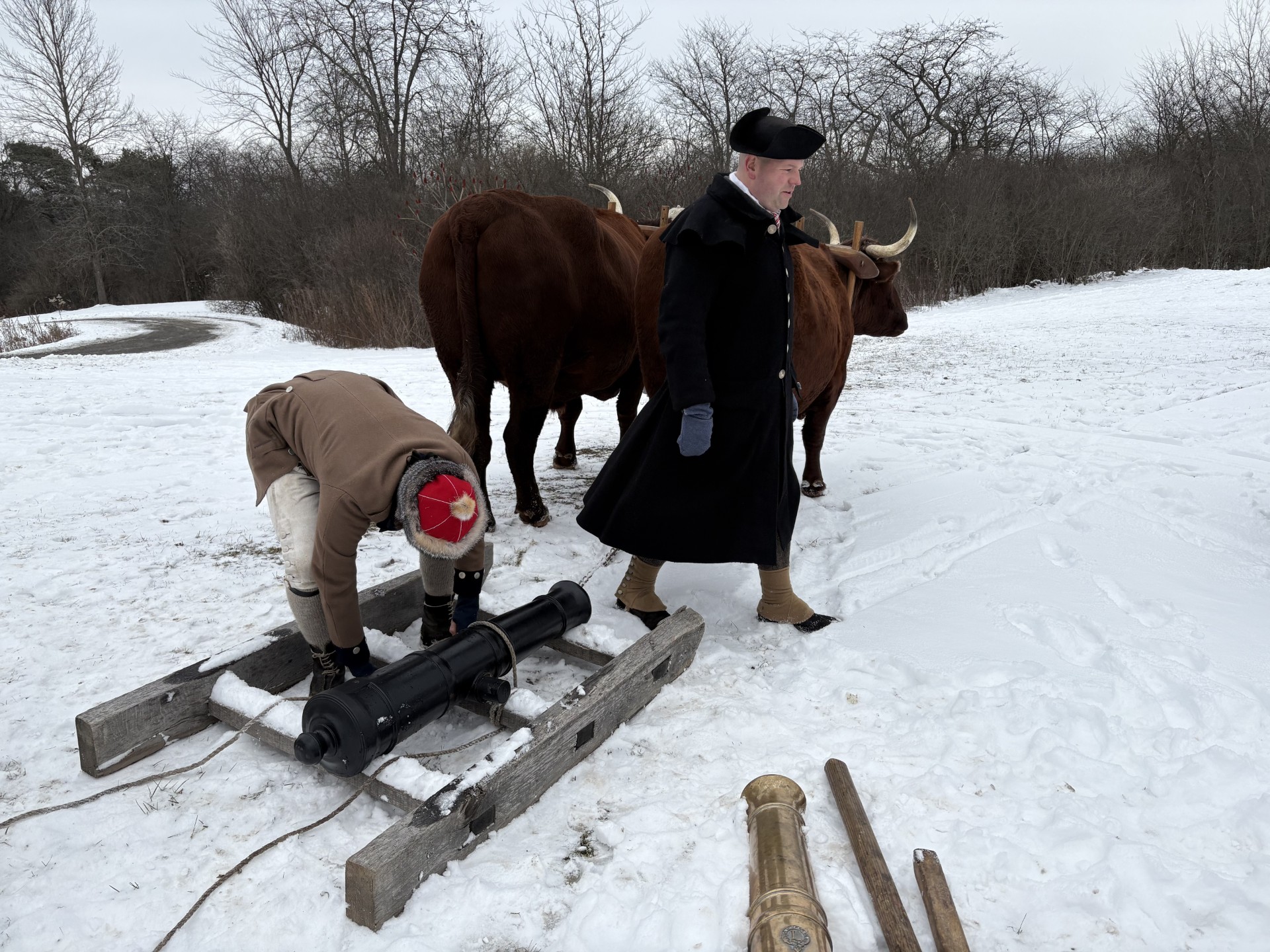Sestercentennial for Sale
Uniformed troops were handing out free bottles of Phorm Energy—a beverage launched nationally the month before by Anheuser-Busch and Dana White, a vocal Trump supporter who runs the Ultimate Fighting Championship. Phorm, which bills itself as the “ultimate energy drink,” is an official sponsor of America250, a government-funded nonprofit organizing a series of celebrations for the country’s 250th birthday, culminating on July 4 this year.More about Freedom 250 appeared in the 8 February New York Times article “For $1 Million, Donors to U.S.A. Birthday Group Offered Access to Trump” by Kenneth P. Vogel, Lisa Friedman, and David A. Fahrenthold:
When asked, a soldier explained he had been ordered to hand out the samples—despite Defense Department rules that bar the military from endorsing “a particular company, product, service, or website.” The Pentagon didn’t answer questions about this apparent violation.
So it goes with the Trump administration’s approach to the country’s semiquincentennial. Congress is expected to allocate some $150 million for the festivities, but that’s not enough to fulfill Trump’s vision. So corporations with links to the president or his inner circle—UFC, Palantir, Oracle, Amazon, Coinbase—have signed on as sponsors, pouring in millions of dollars alongside companies like Chrysler, Coca-Cola, and General Mills.
The promise of all that cash and spectacle helped America250 lure a flock of political operatives with Trump ties. Chris LaCivita, who helped steer Trump’s 2024 campaign, joined as a strategic adviser. Campaign Nucleus, founded in 2021 by former Trump campaign honcho Brad Parscale, helped organize America250 events. So did Event Strategies, which staged Trump campaign gatherings in 2020 and 2024, as well as the January 6, 2021, rally near the White House that preceded the attack on the US Capitol. America250 said in January that it’s no longer working with these contractors but hasn’t disclosed how much they were paid.
America250 and the White House insist they are planning nonpartisan festivities for all Americans, rather than creating a slush fund to throw the president militarized birthday parties and advance hard-right ideology. But in reality, American history is being subordinated to Trump’s cult of personality. The president’s face is suddenly everywhere—next to George Washington on America250-themed National Parks passes; alongside Abraham Lincoln and Teddy Roosevelt on giant banners hanging from federal buildings; on a $1 coin under consideration by the US Treasury.
Faced with sporadic pushback from a congressional commission overseeing America250 and from career officials at various agencies, Trump is now seeking to evade even these modest constraints. In December, he launched a new organization, Freedom 250, that could implement his most outlandish anniversary events without the inconvenience of legislative oversight or mandatory bipartisanship. For the president’s 80th birthday this year, Freedom 250 will help organize a UFC fight on the White House lawn.
President Trump’s allies are offering access to him and other perks to donors who give at least $1 million to a new group supporting flashy initiatives he is planning around the nation’s 250th birthday, according to documents and interviews. . . .TOMORROW: History sources.
Freedom 250 has also emerged as another vehicle, akin to the White House ballroom project, through which people and companies with interests before the Trump administration can make tax-deductible donations to gain access to, and seek favor with, a president who has maintained a keen interest in fund-raising, and a willingness to use the levers of government power to reward financial supporters.
Several of Freedom 250’s planned events and monuments lack obvious connections to the Boston Tea Party, the signing of the Declaration of Independence or other seminal moments in the nation’s founding. Rather, they are tailored to Mr. Trump’s political agenda and his penchant for spectacle, personal branding and legacy. They include the construction of an arch overlooking Washington, an IndyCar race through the nation’s capital, a national prayer event and an Ultimate Fighting Championship match on the White House lawn to coincide with the president’s 80th birthday.
Meredith O’Rourke, the president’s top fund-raiser, is amassing private donations for Freedom 250. Her team is circulating a solicitation, obtained by The New York Times, offering “bespoke packages” for donors.
While there are inconsistencies in the solicitation language, the detailed breakdowns of packages for donors indicate that those who give $1 million or more will get invitations to a “private Freedom 250 thank you reception” hosted by Mr. Trump, with a “historic photo opportunity.” Those who give $2.5 million or more also are being offered speaking roles at an event in Washington on July 4.
(The photo above shows the U.S. Justice Department in Washington, D.C., displaying a large portrait of a man convicted of multiple felonies intended to influence a Presidential election.)


